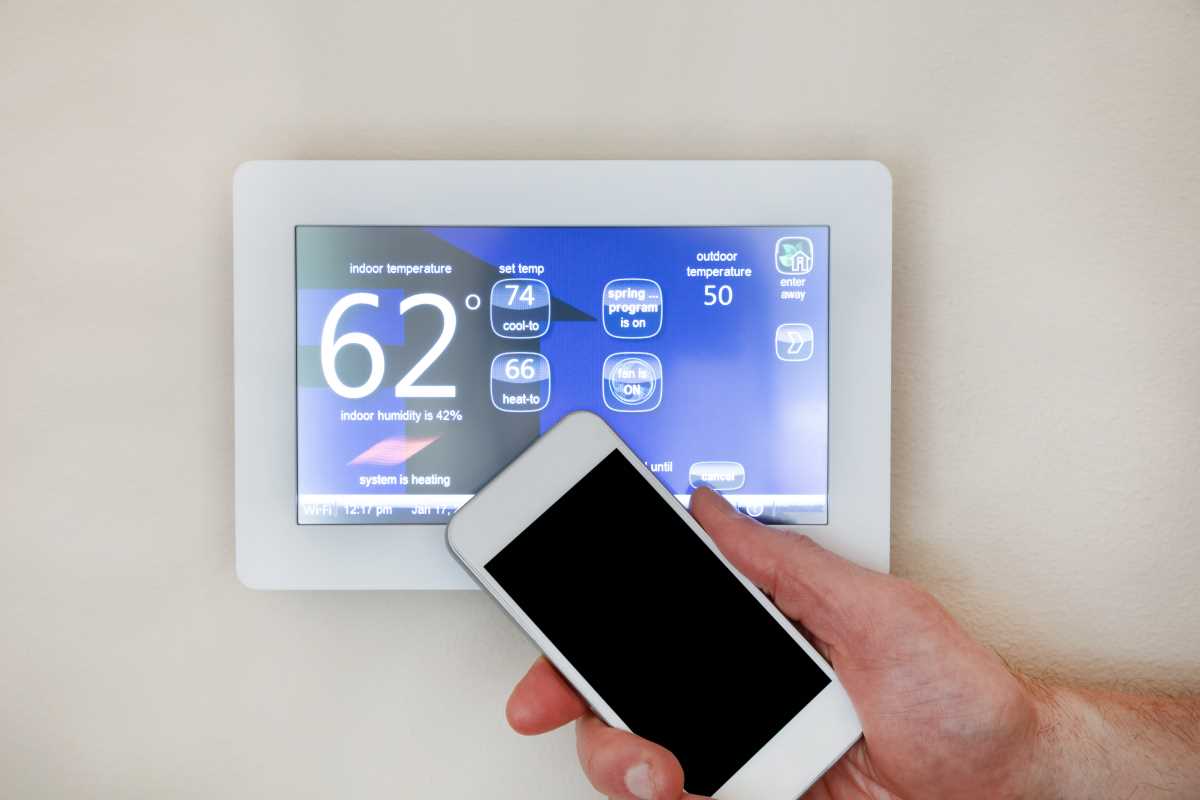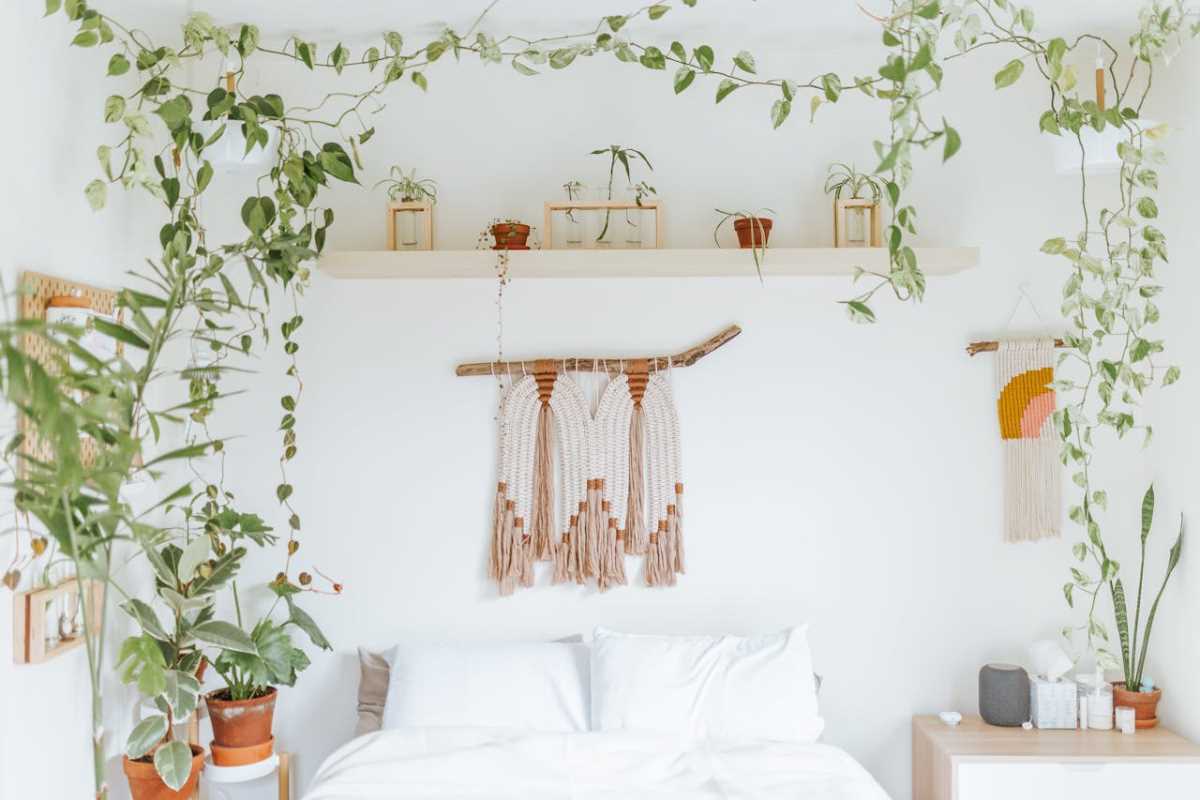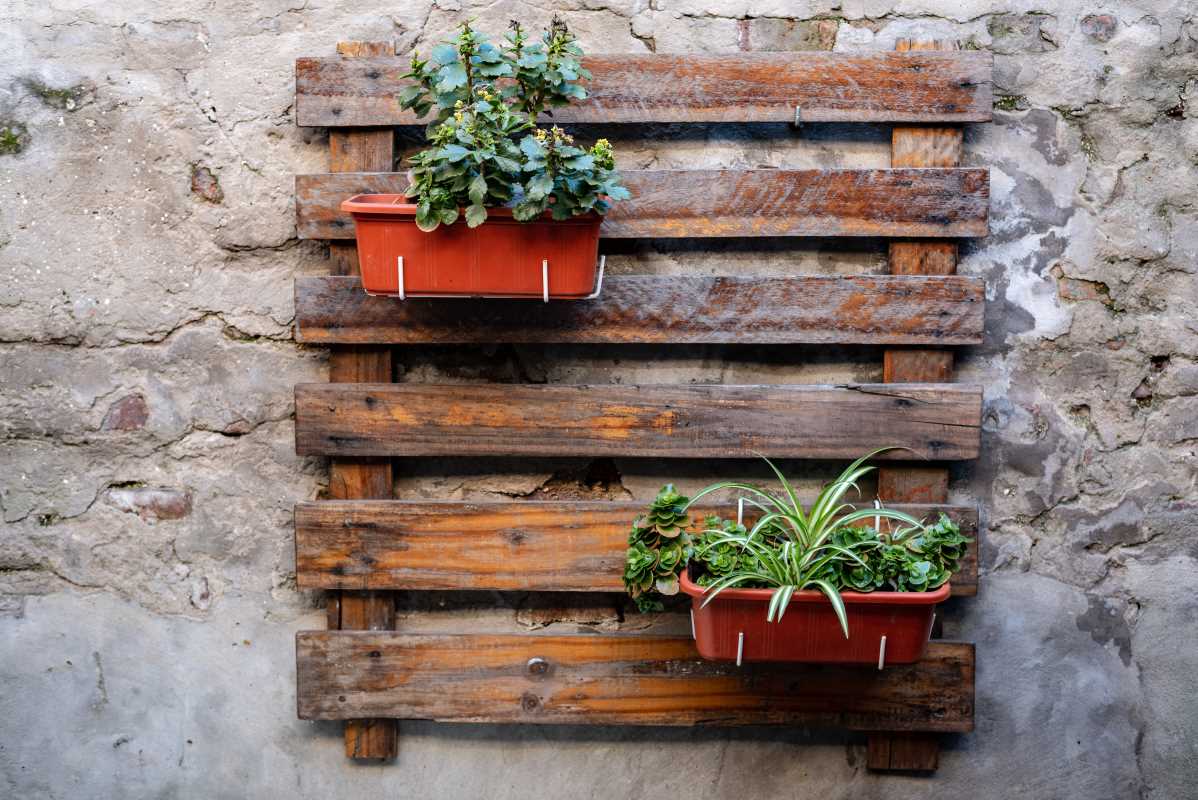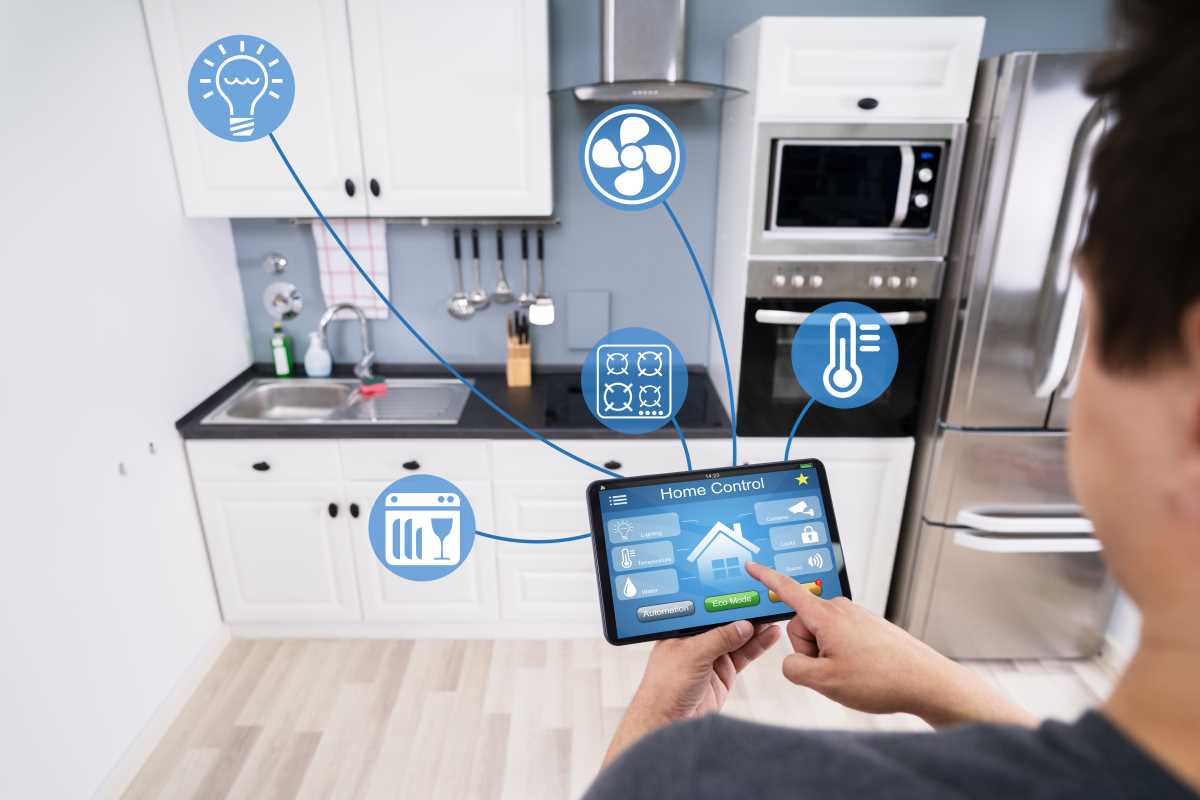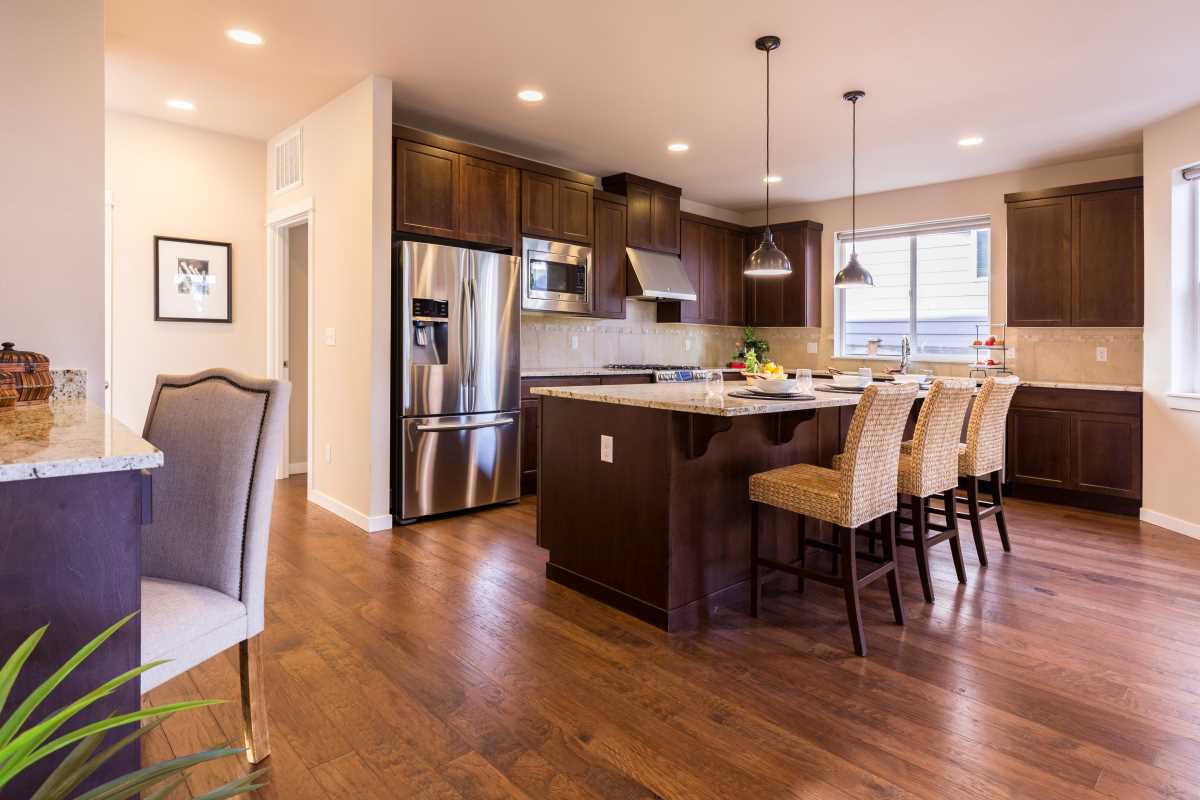Are you looking to spruce up your home while reducing your environmental footprint? Eco-friendly home improvements allow you to create a comfortable, stylish space that’s good for your wallet and the planet. From upgrading appliances to DIY projects, there are plenty of ways to make your home more sustainable. Here’s a guide to practical and inspiring ideas that can help you transform your home into an eco-conscious haven.
Energy-Efficient Appliances
One of the quickest ways to reduce your energy consumption is by upgrading to energy-efficient appliances. Look for models with the ENERGY STAR label, which are designed to use significantly less electricity and water than traditional options. Whether it’s your refrigerator, washing machine, or air conditioning unit, energy-efficient appliances not only lower your utility bills but also contribute to a healthier environment by reducing carbon emissions.
If replacing all your appliances at once isn’t an option, prioritize high-energy consumers like your refrigerator or HVAC systems. These upgrades often deliver the biggest savings.
Solar Panels for Clean Energy
Installing solar panels is one of the most impactful steps you can take toward sustainability. While the upfront cost can be substantial, many homeowners find that tax incentives and long-term savings on energy bills make it a worthwhile investment. Solar panels harness renewable energy directly from the sun, helping you reduce or even eliminate reliance on non-renewable resources.
For a smaller project, consider solar-powered outdoor lights. These inexpensive and easy-to-install options can brighten your yard without adding to your energy bill.
Water-Saving Fixtures
Water conservation is another essential aspect of eco-friendly living, and small changes can make a big difference. Replacing outdated fixtures with water-efficient models is a simple way to cut down on water waste. Consider installing:
- Low-flow Toilets: These use less water per flush, saving thousands of gallons of water per year.
- Aerated Faucets: Designed to mix air with water, they reduce flow without compromising pressure.
- Efficient Showerheads: Many eco-conscious showerheads reduce water use significantly while maintaining a satisfying spray.
Don’t forget about smart irrigation systems! These devices can water your yard based on weather patterns and soil conditions, ensuring your plants get what they need without wasting water.
Sustainable Building Materials
If you’re planning a renovation or building project, choosing sustainable materials can make a world of difference. When selecting materials, look for those made from recycled, renewable, or responsibly sourced resources. Some popular options include:
- Bamboo Flooring: Bamboo grows quickly, making it a renewable alternative to hardwood flooring.
- Recycled Glass Countertops: These durable, stylish countertops use crushed post-consumer glass.
- Reclaimed Wood: Perfect for floors, furniture, or accent walls, reclaimed wood adds character to your home while reducing demand for new lumber.
Additionally, opt for non-toxic paints and finishes that don’t release harmful volatile organic compounds (VOCs). These products improve indoor air quality while being better for the environment.
DIY Projects Using Recycled Materials
You don’t have to spend a fortune to go green. DIY projects using recycled materials are a fun and budget-friendly way to make your home more eco-friendly while flexing your creativity. Here are some ideas to get you started:
- Wine Bottle Herb Garden: Repurpose empty wine bottles by turning them into self-watering planters for fresh herbs in your kitchen.
- Pallet Furniture: Create coffee tables, bookshelves, or even outdoor seating using old shipping pallets. Sand and paint them to match your home’s aesthetic.
- Tin Can Lanterns: Upcycle tin cans into decorative lanterns by punching small holes in their sides. Pop in a tea light for a cozy glow.
DIY projects not only reduce waste but also add personal touches to your living space that you can take pride in.
The Benefits of Eco-Friendly Home Improvements
Adopting sustainable practices isn’t just good for the planet; it brings a host of benefits that make it worth your while.
- Cost Savings: Energy-efficient appliances, solar energy, and water-saving fixtures can reduce your utility bills significantly over time. Many eco-friendly solutions also qualify for tax incentives or rebates, further boosting your savings.
- Healthier Living Environment: Materials like low-VOC paint and natural fibers improve indoor air quality, promoting a healthier home.
- Added Home Value: Eco-conscious upgrades, like solar panels or energy-efficient windows, can increase the market value of your home. Potential buyers are often willing to pay more for sustainable features.
- Lower Environmental Impact: Small changes add up. By conserving resources and reducing waste, you’re actively participating in the global effort to protect our planet.
Start Small and Build Momentum
Going green doesn’t have to be overwhelming. You don’t need to transform your entire home overnight. Start with one project that aligns with your budget and priorities. For instance, you might begin by swapping out lightbulbs for energy-efficient LEDs, then move on to installing water-saving fixtures or upcycling furniture.
Here are three easy ways to get started today:
- Replace single-use items with reusable alternatives, like canvas shopping bags or glass food containers.
- Add houseplants to improve air quality and bring natural beauty indoors.
- Conduct an energy audit to identify areas of waste and prioritize solutions.
Eco-friendly home improvement ideas are about more than sustainability; they’re about creating a welcoming, comfortable space that supports your lifestyle and values. Whether you’re upgrading appliances, tackling a DIY project, or investing in renewable energy, every step you take makes a difference.
Remember, change starts with intention and grows with consistency. Take one step today, and before you know it, you’ll have a home that’s not only more sustainable but also a reflection of your commitment to a better future. Small efforts can lead to big impacts—not just for the planet but also for your quality of life. Now is the perfect time to turn your eco-friendly vision into reality!

